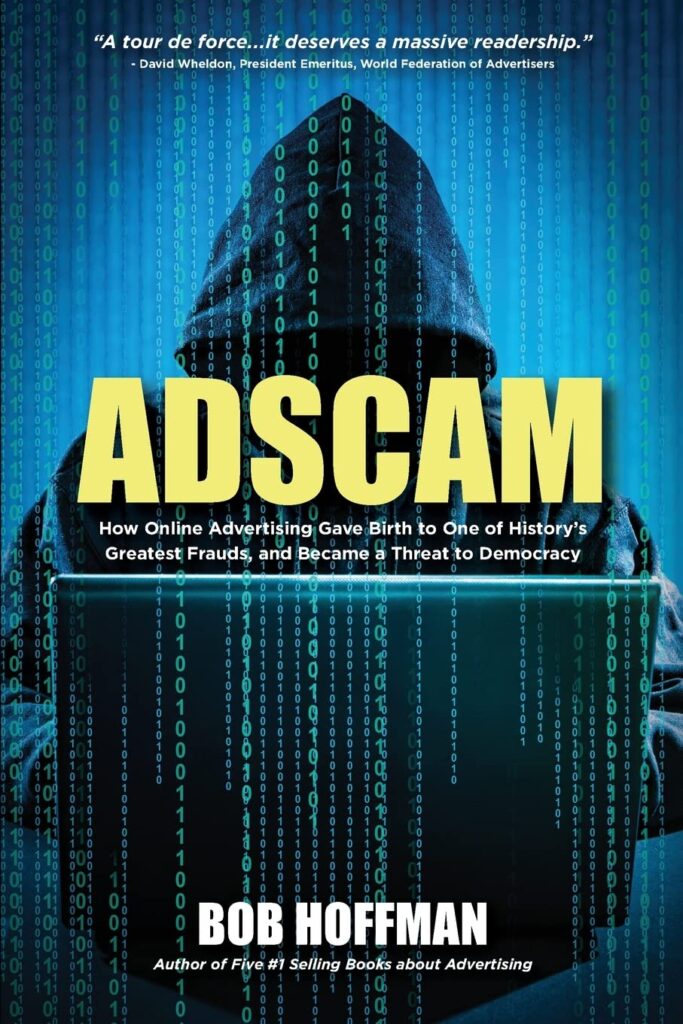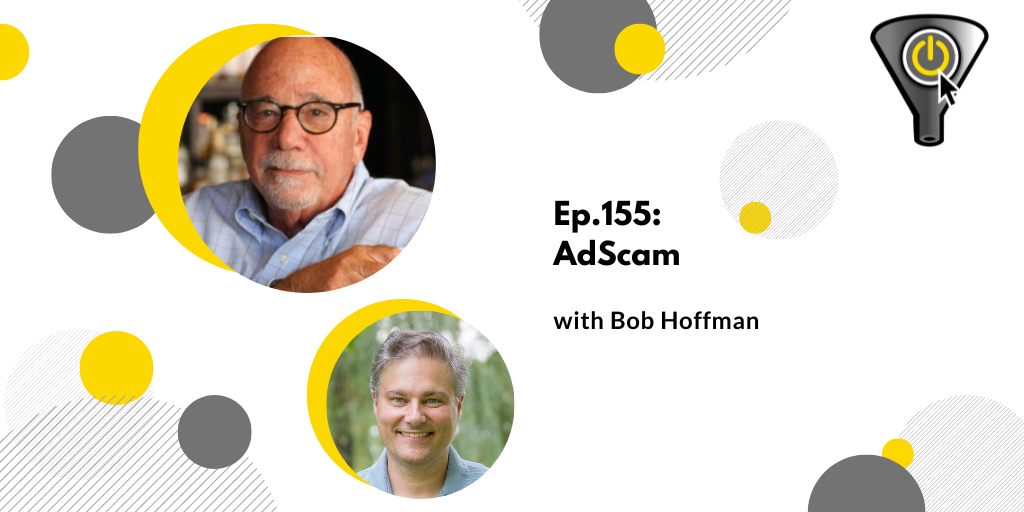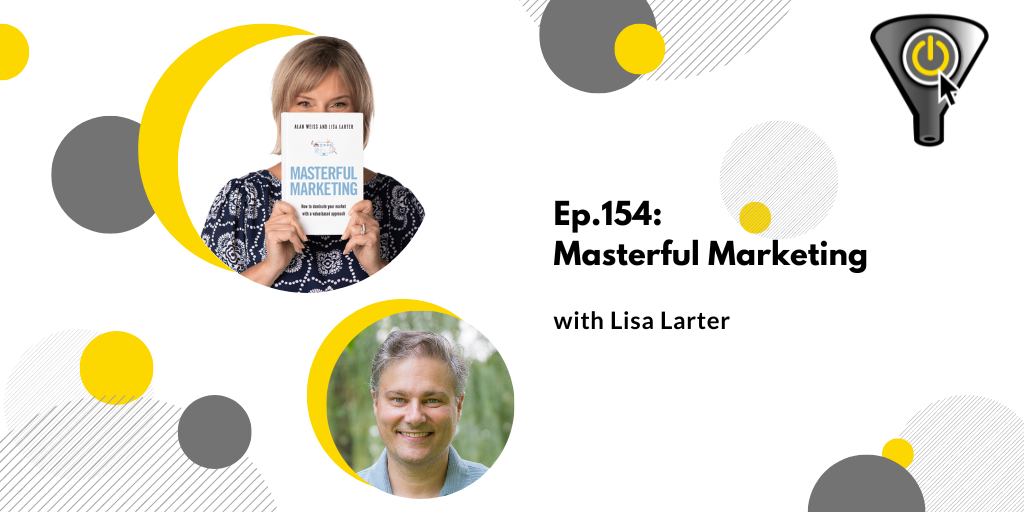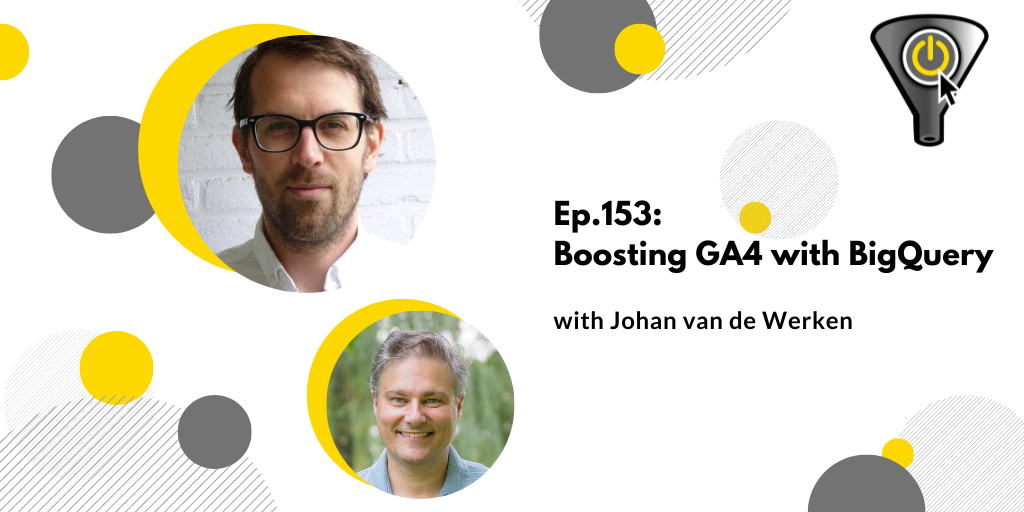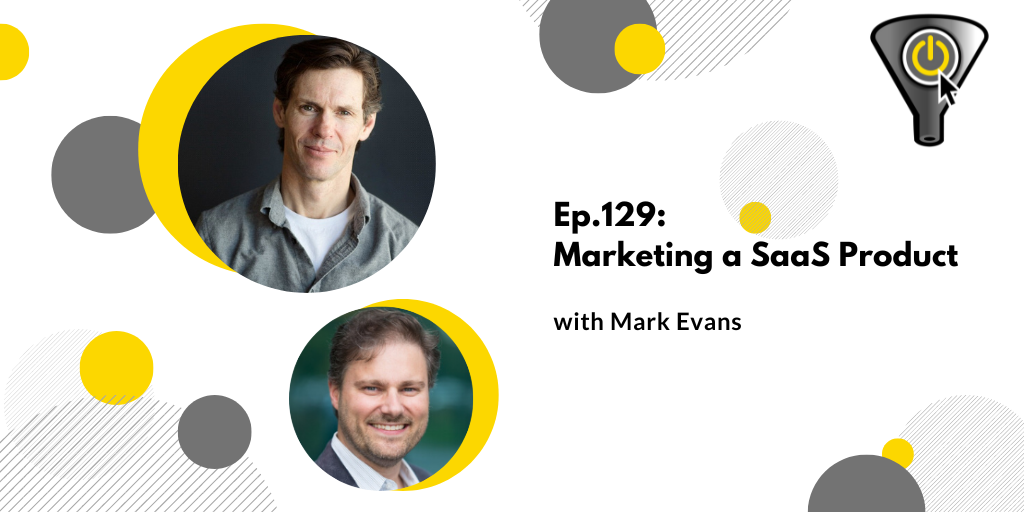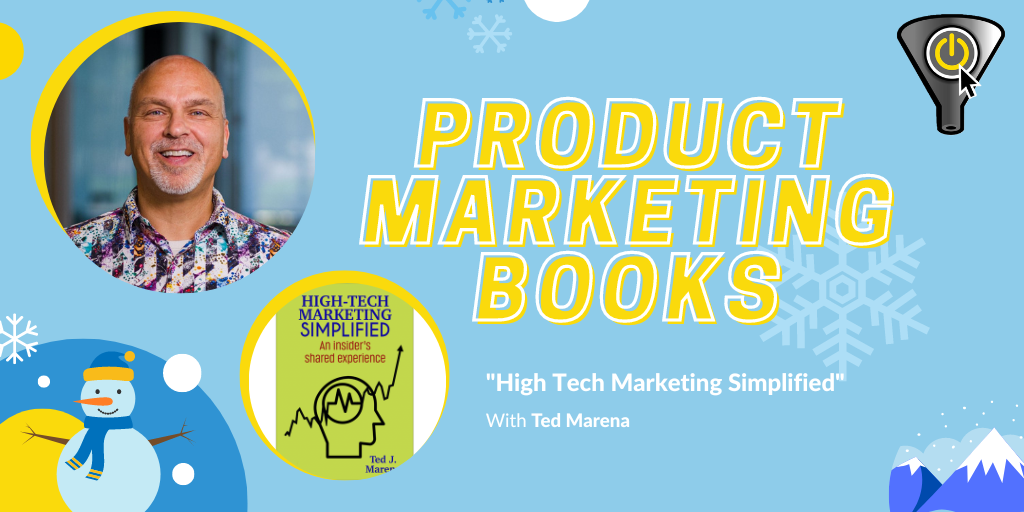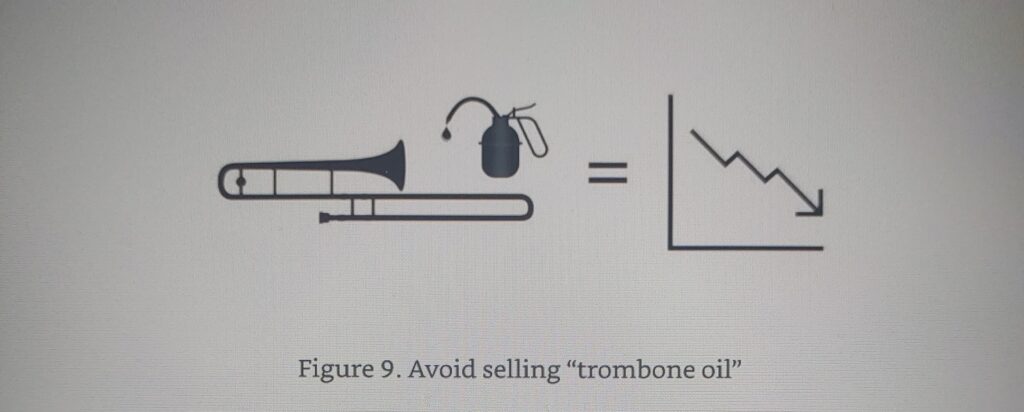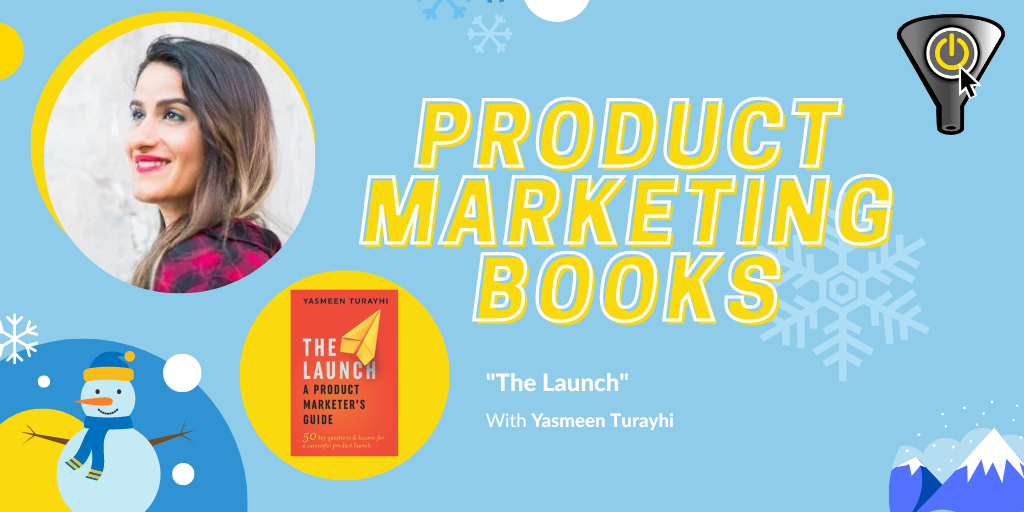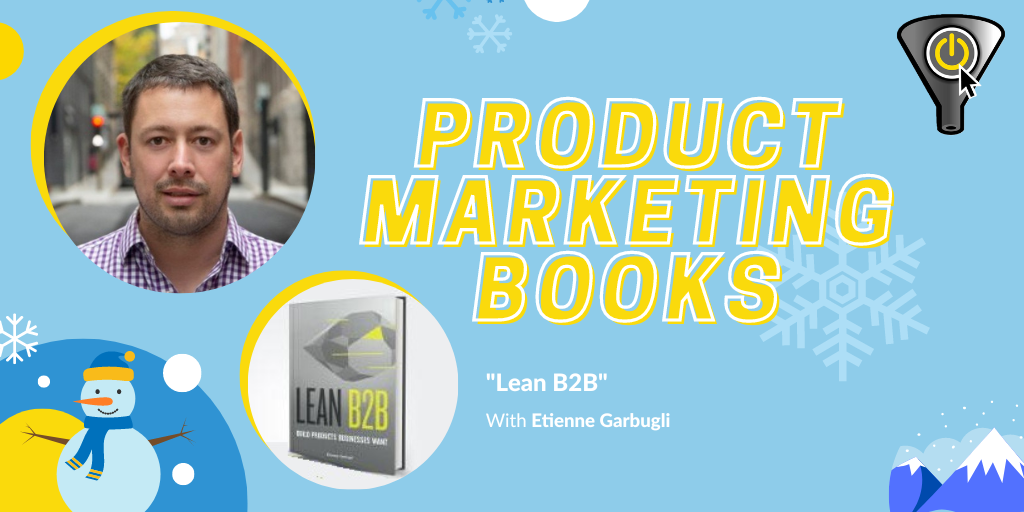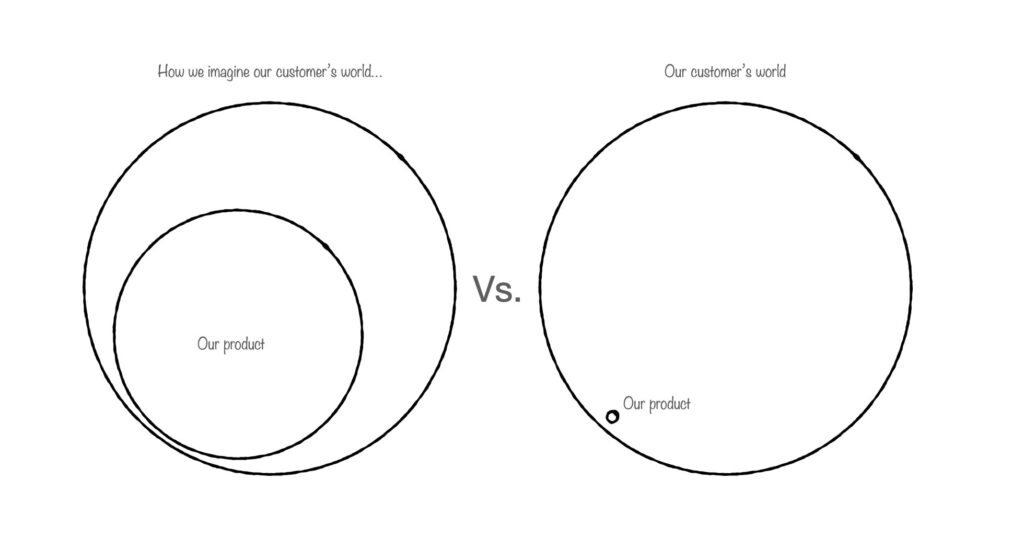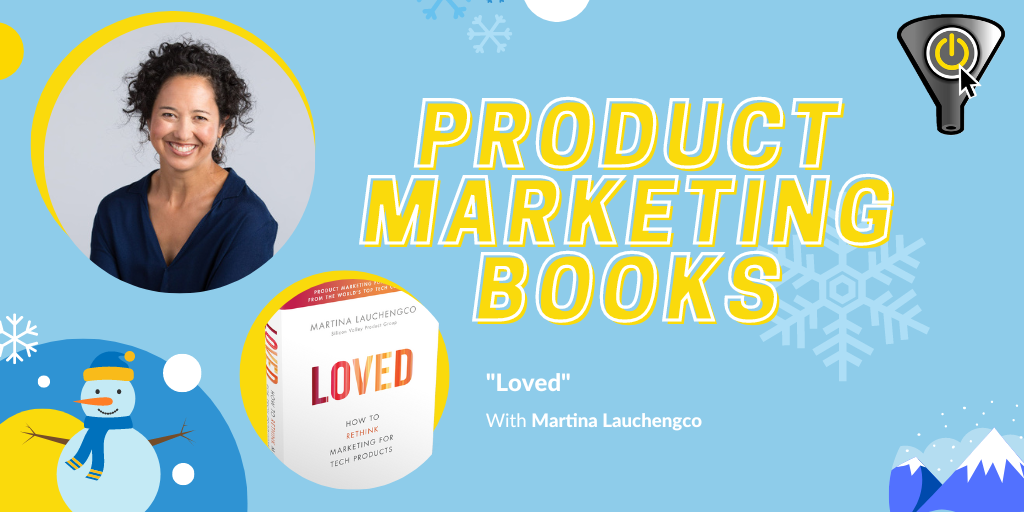My guest believes that online advertising gave birth to one of history’s greatest frauds, and has become a threat to democracy. That’s right. It’s actually the subtitle of a 2022 book he wrote called AdScam.
It is the basis for our talk, which looks critically and conscientiously at the unsavory side of digital marketing.
He’s not some advertising outsider wagging his finger at the industry. Bob Hoffman has been the CEO of two independent agencies and led a major international agency’s US operations. He has written numerous books, including “Bad Men” and “Marketers Are From Mars, Consumers Are From New Jersey.”
Nicknamed the “Ad Contrarian,” his writings under that name caused Business Insider to recognize it as one of the world’s leading blogs about marketing. He has been honored as the Ad Person of the Year by the San Francisco Advertising Club and served as part of the Advertising and Marketing International Network and the California Academy of Sciences. In short, he knows what he’s talking about when he says there is something wrong with advertising.
He and I both agree that there is a war between the privacy-side and the surveillance-side proponents here. And it’s unclear how this dichotomy we’re in is going to be resolved. I will say that his solution for how to fix this – to eliminate all tracking – is harsher than mine. I’d like to end up with some arrangement where buyers receive advertising that gets close to feeling personalized, but that doesn’t track them without their consent.
People/Products/Concepts Mentioned in Show
Bob’s original AdContrarian blog
Bob’s LinkedIn profile with details on his company, Type A Group
Association of National Advertisers
Oxford philosopher James Williams
